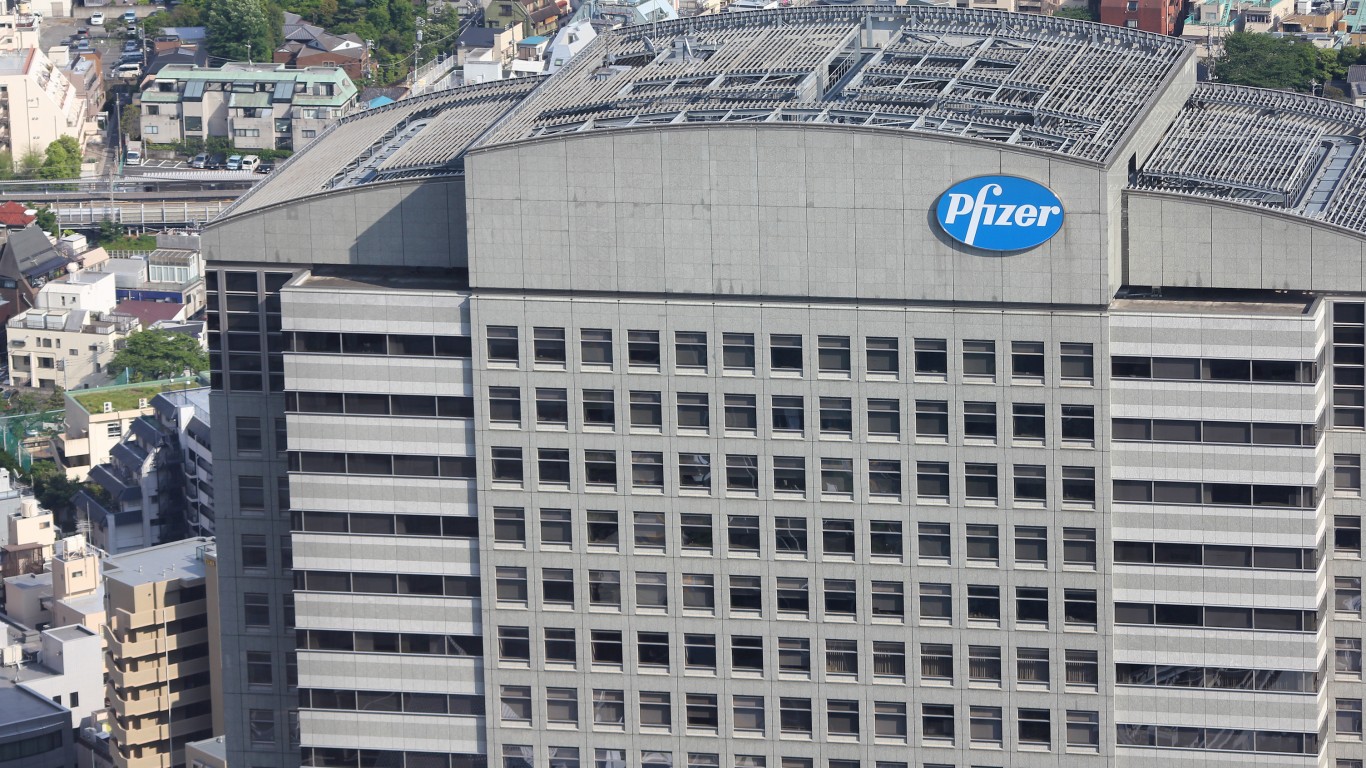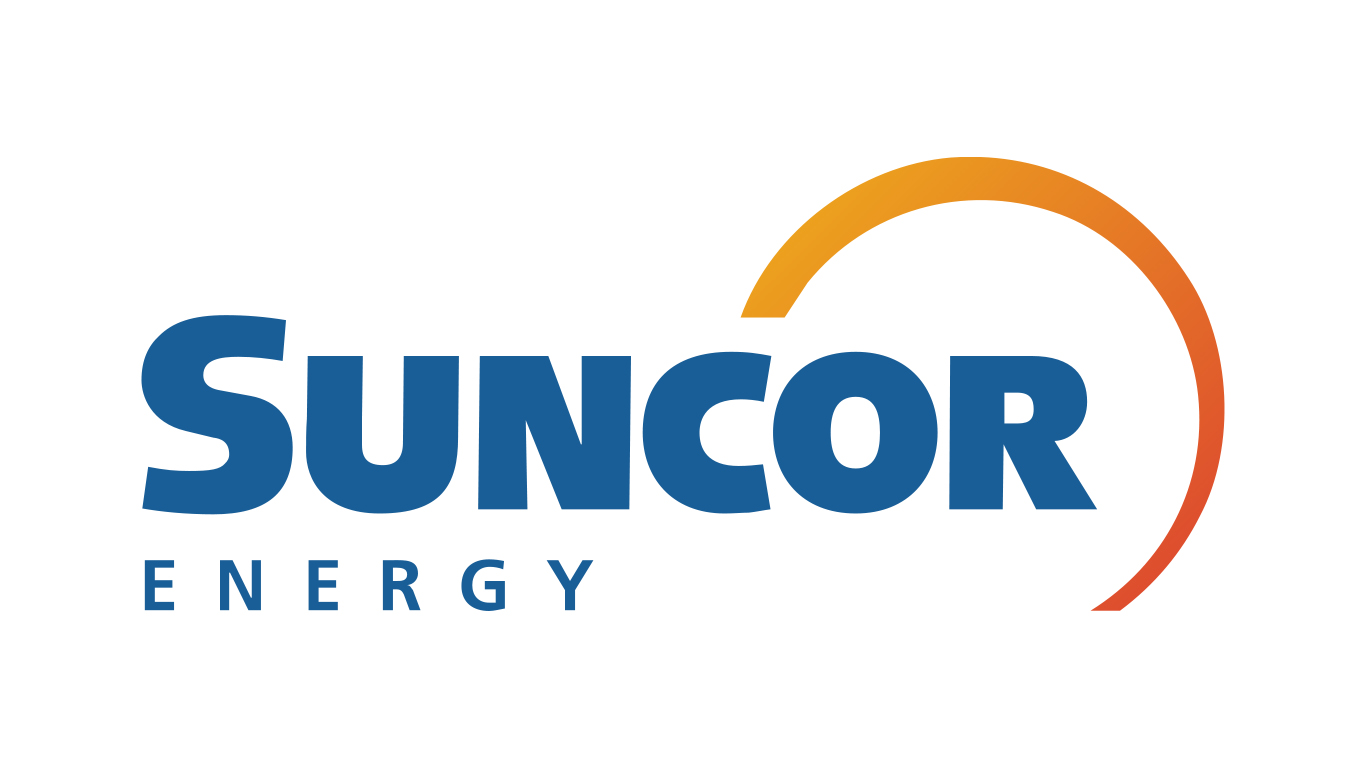
Despite broader market indexes reaching new highs, driven mainly by tech stock momentum, many companies have faced plummeting valuations due to worsening macroeconomic conditions. The market has split into winners and losers. However, as the economic cycle shifts, undervalued stocks are beginning to recover.
With recent economic uncertainty and market sell-offs driven by Fed rate hikes and weak consumer spending, some undervalued stocks are poised for a rebound in 2024. Many companies, although currently seeing depressed, have robust business models and could recover as the Federal Reserve shifts to rate cuts.
Stocks with rising revenues and profit margins can be undervalued even with higher price-earnings ratios, while those with declining financials may be overvalued despite lower valuation multiples. That’s the definition of a value trap. Let’s dive into the following three stocks, and discuss the bull case behind why they may be considered value plays rather than value traps in this current economic environment.
Key Points About This Article:
- Discerning between an undervalued stock and a value trap can be difficult, but assessing a company’s underlying fundamentals and growth prospects is important.
- Let’s dive into the bull case behind these beaten-down stocks, and why they may better fit in the value category as opposed to value traps right now.
- If you’re looking for some stocks with huge potential, make sure to grab a free copy of our brand-new “The Next NVIDIA” report. It features a software stock we’re confident has 10X potential.
Pfizer (PFE)

Pfizer (NYSE:PFE) reported solid Q2 2024 results with $13.3 billion in revenue, marking a 3% annual increase. Its generous forward dividend yield of 5.9% highlights its appeal for income investors. The company’s non-Covid 19 products drove 14% operational growth this past quarter, reflecting Pfizer’s successful diversification. Seagen’s oncology assets and strong performances by Nurtec, Vyndaqel, and Eliquis contributed significantly to the company’s recent quarter. These results underscore Pfizer’s robust revenue growth and reliability as a top dividend stock.
Key drivers for growth in Q2 included strong performances from aforementioned divisions, as well as increased operational efficiency. Pfizer is targeting $4 billion in savings by year-end, looking to ramp up its growth while cutting costs wherever possible. These initiatives have been reflected in the company’s adjusted Q2 earnings per share hitting $0.60, which blew consensus estimates of just $0.46 out of the water. The company’s long-term strategy appears to be paying off, with additional potential acquisitions likely forthcoming as Pfizer improves its balance sheet.
Now trading at a forward price-earnings ratio of just 11-times and with an aforementioned yield of just under 6%, this is a value stock that’s starting to look attractive to a broader range of investors. The company’s Q2 results signal a turnaround from recent volatility, and ongoing drug trials in weight management, oncology, and hematology could drive further stock gains. However, regulatory risks remain, potentially adding volatility. But for those with the investing time horizon to withstand near-term volatility, this is a value stock I think is worth adding on dips.
JPMorgan Chase (JPM)

As the strongest mega-bank of its peer group, JPMorgan Chase (NYSE:JPM) has been outperforming its peers. This outperformance has been seen even during previous turbulent economic environments, with the company picking up key assets of troubled banks along the way to continued consolidation of this sector.
Now, Jamie Dimon, JPMorgan’s CEO, has taken a very public cautious stance on inflation and other risks. It’s perhaps this view, and the view of the overall market with respect to financials stocks, that has led the company to trade at a multiple of less than 12-times earnings.
Now, some may say that this current valuation is above the company’s historical valuation levels. But it’s also true that JPMorgan is providing earnings which are historically high, so in my view, this valuation is justified.
JPMorgan boasts the largest deposit base in the U.S., and reported robust core earnings in Q2 FY24, with revenue growing 7.8% and strong ROTCE in the low 20 percent range. Analysts project JPMorgan’s earnings per share will continue to grow substantially in future years, and I tend to agree. Despite its current fair valuation, JPMorgan’s solid loan book and balance sheet make it a strong buy for risk-averse investors.
Moreover, JPM has shown resilience with $72.6 billion in mortgages and $600 billion in credit card balances. The stock surged 22% compared to last year, beating the S&P 500 index. The company is seeing strong demand for its services amid elevated interest rates, boosting its earnings. JPMorgan is well-positioned for continued growth as interest rates fluctuate and housing market conditions change.
Suncor Energy (SU)

As Elliot Management’s current largest investment, Suncor Energy (NYSE:SU) is an integrated energy company focused on oil sands production. The stock saw an 18% surge from last year, reaching a 16-year high in May. On these results, Suncor announced increased share buybacks, totaling 75% of the company’s free cash flow. Elliott Management, which has significantly increased its stake by 427% in Q1 to 4.1%, has been influential in pushing for management changes. The company currently ranks in the top 10 stock sin Elliot Management’s portfolio, one of the 35 largest hedge funds in Q1.
The company reported revenue of more than $1.57 billion in Q2 2024, although this number was down from last year’s $1.88 billion. Adjusted EBITDA surged $1.63 billion, with EPS increasing to $1.27. Upstream production surged to 771,000 barrels per day, and refinery operations also handled 430,550 barrels per day. This showed an impressive 92% utilization rate compared to the same quarter last year.
Suncor’s strategic moves, including the restart of Terra Nova production, enhanced its efficiency. For 2024, Suncor projects its daily upstream production will rise 7% to 810,000 barrels. Its three-year Fort Hills plan aims to boost value and cut costs. Although the market is still turbulent, SU stock still recently surged 5.8% as its quarterly sales numbers continue to remain stable, and could potentially breakout, on future oil price surges.
It’s Your Money, Your Future—Own It (sponsor)
Are you ahead, or behind on retirement? For families with more than $500,000 saved for retirement, finding a financial advisor who puts your interest first can be the difference, and today it’s easier than ever. SmartAsset’s free tool matches you with up to three fiduciary financial advisors who serve your area in minutes. Each advisor has been carefully vetted and must act in your best interests. Start your search now.
If you’ve saved and built a substantial nest egg for you and your family, don’t delay; get started right here and help your retirement dreams become a retirement reality.
Thank you for reading! Have some feedback for us?
Contact the 24/7 Wall St. editorial team.





